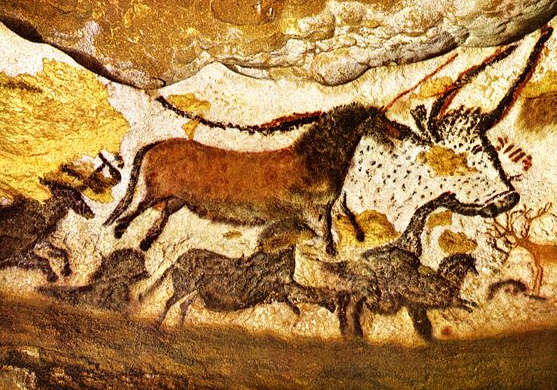In John Reed’s Financial Times piece about the Israeli historian Yuval Noah Harari, who’s written Sapiens: A Brief History of Humankind, the scholar essentially argues that our species won out over Neanderthals because we were better at narrative, that double-edged sword. An excerpt:
“The book is, at its heart, an extended thesis about what has made humans such a successful species. In Harari’s view, at the dawn of history homo sapiens shared, along with Neanderthals and other early humans, some winning attributes – a big brain, the ability to walk upright – but they sat somewhere in the middle of the food chain, and were no shoo-in to become masters of the world.
What allowed humans to become history’s most successful species, he argues, was our ability to construct and unify small groups behind certain ‘fictions’ – everything from national legends and organised religion to modern value systems like human rights, and the modern limited liability company with thousands of employees and vast credit lines at its command.
Any band of Neanderthals, Harari suggests, can raise a few dozen people for a hunt but humans can tell the stories needed to ensure co-operation in groups of 150 or more – numbers large enough to organise mass hunting using prepared traps, raise modern armies, or subdue the natural world.
Also woven into this theory of humankind are his own convictions about eating meat. Sapiens devotes large sections to unsparing accounts of the domestication and factory farming of cows, pigs and chickens. This, he contends, has made them some of the most genetically ‘successful’ creatures in history but the most miserable too.”

